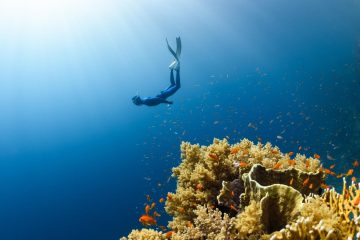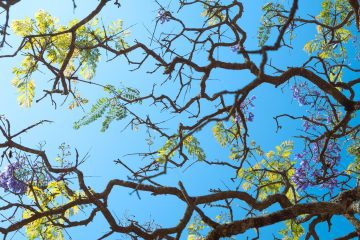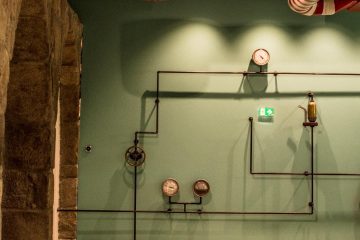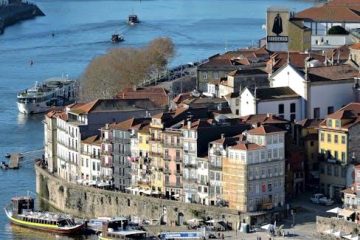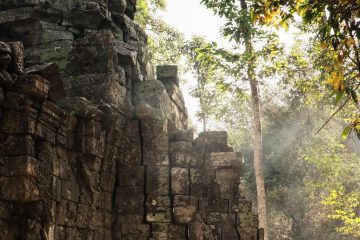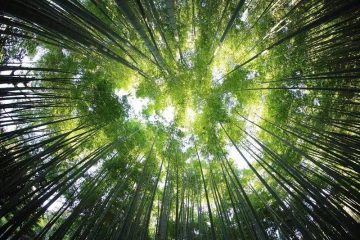Planetary ecology
what is planetary ecosystem
Dive into the intricate web of life on our planet with a glimpse into the vast and interconnected world of planetary ecosystems. Discover how every organism plays a crucial role in maintaining balance and harmony in nature.
